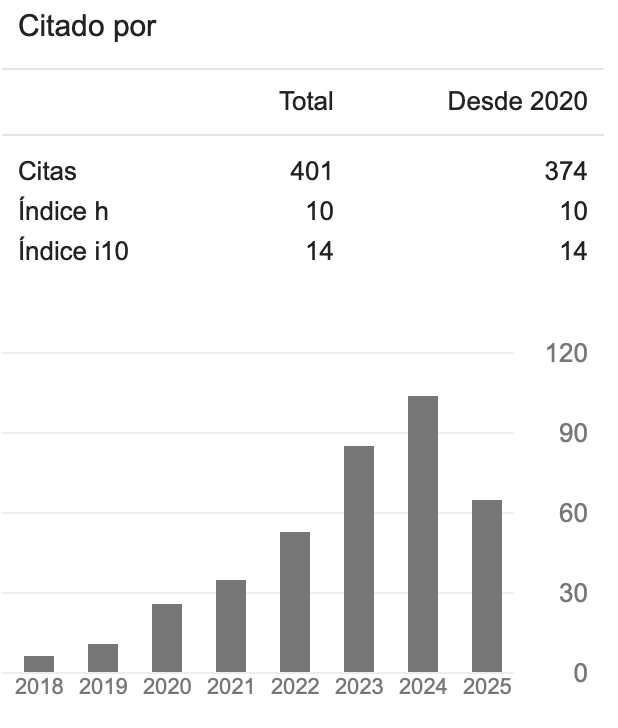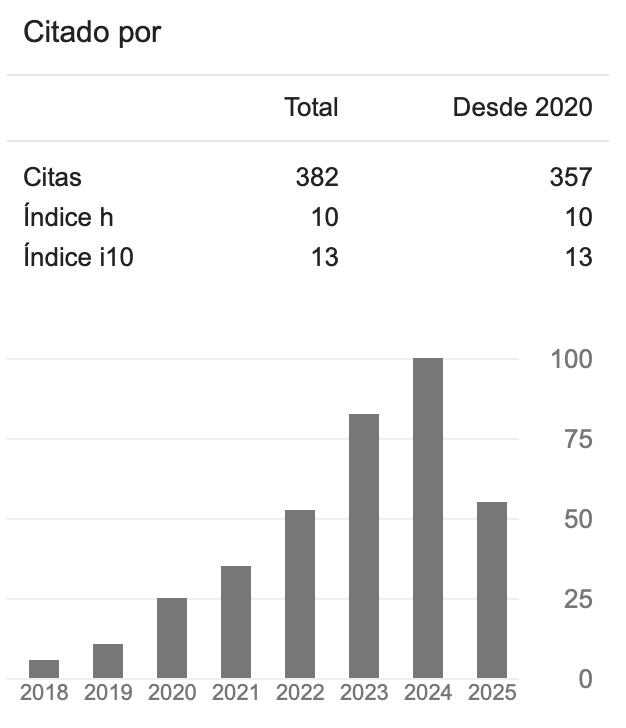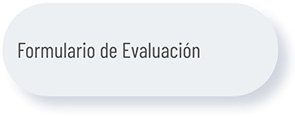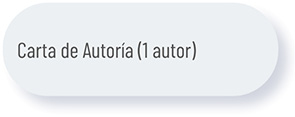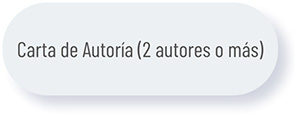Code of Ethics
DAYA, Diseño, Arte y Arquitectura Journal
The purpose of this internal Code of Ethics is to involve all participants in the editorial process—Authors, Peer Reviewers, and Editorial Team—in effective practices of ethics, responsibility, and contribution to the academic, scientific, and professional community in the fields of design, art, and architecture.
This code applies to the process of submission, evaluation, and publication of articles submitted to DAYA Journal and adheres to the principles and codes of ethics established by the Committee on Publication Ethics (COPE).
1. Responsibilities of the Editors
The editors of DAYA Journal are responsible for ensuring the quality, transparency, and fairness of the editorial process at every stage. The editorial team guarantees the academic and scientific independence of its decisions and is committed to maintaining the integrity of the editorial process at all times. Their commitments are as follows:
-
Editorial independence: Decisions regarding the acceptance or rejection of manuscripts will be based solely on the academic merit of the work, free from political, financial, or personal influence.
-
Diversity and inclusion: No author, reviewer, or reader shall be discriminated against on the basis of gender, sexual orientation, ethnicity, nationality, religion, or ideology. The journal promotes plurality and equity in the access to and production of knowledge.
-
Confidentiality: Editors will not disclose information about contributions under review to anyone outside the editorial process. They may not use unpublished data or results for personal benefit without the authors’ written consent.
-
Conflict of interest management: Editors must declare any relationships that may compromise their objectivity (e.g., collaborations, financial ties, or personal connections with authors) and refrain from handling the affected papers.
-
Editorial timelines: Editors will ensure an efficient editorial workflow from submission to publication, striving to keep the total process within six months.
-
Corrections and retractions: In the event of errors, omissions, or scientific misconduct, the journal will publish corrections, clarifications, or retractions as appropriate.
-
Ethical conduct: Abusive or disrespectful behavior toward authors, reviewers, or members of the editorial team will not be tolerated. The journal reserves the right to withdraw manuscripts or annul reviews that violate this principle.
2. Responsibilities of the Authors
Authors are responsible for the academic and scientific integrity of the manuscripts they submit and must ensure that their work upholds the principles of originality, accuracy, and respect. Their commitments include:
-
Originality and exclusivity: Only original and unpublished research will be accepted. All submissions will be screened using plagiarism-detection software, and only minimal similarity margins attributable to properly cited references will be allowed.
-
Single submission: Simultaneous submission of the same papers to more than one journal is not permitted, nor is redundant publication of results previously disseminated elsewhere.
-
Sources and citation: Proper acknowledgment of all sources—data, images, or ideas of others—is required to ensure due credit and to prevent plagiarism and self-plagiarism.
-
Responsible authorship: Authorship must accurately reflect each contributor’s role in the conception, development, analysis, and writing of the scientific articles. Any subsequent changes in authorship will be accepted only under exceptional circumstances, with explicit justification and in accordance with COPE guidelines.
-
Ethics in research involving human subjects: For studies involving human participants, authors must ensure adherence to ethical principles such as informed consent, anonymity, and confidentiality. Participants must be informed of the study’s objectives, intended uses of results, funding sources, and their right to withdraw at any time.
-
Protection of vulnerable populations: Research involving minors, marginalized communities, or at-risk groups requires formal authorization from guardians or legal representatives, as well as the implementation of reinforced ethical protocols that prioritize the dignity, safety, and well-being of participants.
-
Principle of non-harm: All research must minimize potential risks to participants and avoid outcomes that may affect their integrity, reputation, or social environment. The journal rejects any publication reproducing discriminatory, defamatory, colonialist, or sexist discourse.
-
Conflicts of interest: Authors must disclose any financial, institutional, or personal relationships that could influence their research. Failure to do so may result in immediate rejection or, if discovered post-publication, in a public retraction.
-
Correction of errors: If significant errors are identified after publication, authors are obliged to notify the editorial team and collaborate in issuing corrections or retractions as necessary.
3. Responsibilities of the Reviewers
Reviewers play a crucial role in maintaining the quality control of the journal and must conduct their evaluations guided by principles of honesty, confidentiality, and academic responsibility.
-
Review process: Manuscripts are evaluated through a double-blind peer review system, ensuring that neither authors nor reviewers know each other’s identities. This guarantees neutrality and prevents favoritism.
-
Scientific and constructive criteria: Review reports must be grounded in academic and methodological rigor, offering clear and constructive feedback to improve the papers. Personal criticism, offensive language, or biased judgments are unacceptable.
-
Detection of irregularities: If a reviewer suspects plagiarism, data manipulation, duplicate publication, or undeclared conflicts of interest, they must immediately inform the editor.
-
Confidentiality: Manuscripts under review are confidential documents and may not be shared or used for personal purposes prior to publication.
-
Adherence to deadlines: Reviewers commit to submitting evaluations within the agreed timeframes. If unable to comply, they must notify the editor so another reviewer may be assigned.
-
Conflicts of interest: Reviewers must decline assignments where a potential conflict exists (e.g., prior collaboration, academic rivalry, personal relationship, or financial interest).
4. Integrity of Research and Publication
DAYA Journal maintains a zero-tolerance policy toward scientific misconduct.
-
Plagiarism and self-plagiarism: All manuscripts are screened using Turnitin. Any detected plagiarism will result in rejection. If discovered post-publication, the article will be retracted.
-
Duplicate publication: Scientific articles published fully or partially in other journals will not be accepted.
-
Fabrication or manipulation of data: Any intentional alteration of results to mislead will lead to rejection and notification of the relevant institutions.
-
Good citation practices: References must be used responsibly to acknowledge prior work and allow traceability of information.
5. Conflict of Interest Management
-
Authors: Must disclose any financial, institutional, or personal ties that could influence their work.
-
Reviewers: Must abstain from evaluating a manuscript if they have direct ties with the authors, belong to the same institution, or have any other reason compromising impartiality.
-
Editors: Must recuse themselves from handling articles in which a conflict of interest exists and delegate the process to another member of the Editorial Team.
6. Process for Corrections, Retractions, and Complaints
-
Corrections: In cases of minor errors identified after publication (typographical errors, minor data issues, or reference mistakes), an erratum will be published in the next issue.
-
Retractions: When plagiarism, data falsification, or duplicate publication is confirmed, the article will be withdrawn and a retraction note will be published, clearly explaining the reasons.
-
Complaints and appeals: Authors may appeal editorial decisions or submit complaints regarding the process through the official journal email. Appeals will be handled impartially, confidentially, and in accordance with COPE recommendations.
7. Data Access and Transparency Policy
-
Data availability: Authors must retain the primary data of their research for at least five years after publication and provide them upon request by the editorial team or reviewers.
-
Methodological transparency: Papers must describe their methods in sufficient detail to allow replication or verification of results.
-
Open access: DAYA Journal promotes open access to scientific production, ensuring that all published articles are freely available to the academic, professional, and general public.
As stated above, DAYA Journal adopts and promotes the international guidelines established by the Committee on Publication Ethics (COPE), to ensure best practices in scientific editorial management. Authors, researchers, and reviewers are cordially invited to review COPE’s ethical guidelines, available at: https://publicationethics.org/resources/code-conduct.
These principles serve as a fundamental guide to prevent misconduct and to ensure quality and integrity throughout the processes of research, evaluation, and publication.
In cases of suspected or confirmed misconduct related to the submission or publication of an article, the Editorial Team of DAYA Journal will act in accordance with the protocols and recommendations established by COPE.

